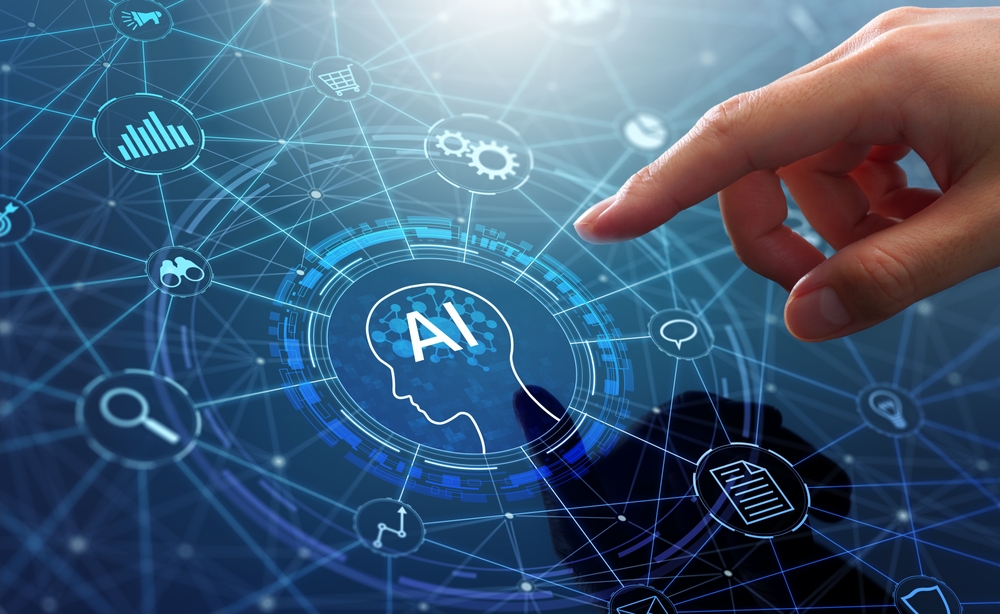Content marketing has grown well beyond traditional blogging and social media sharing. Today, it’s a sophisticated strategy that requires smart planning, consistent execution, and real-time performance analysis. With growing demands for faster production and higher engagement, businesses are turning to Artificial Intelligence Content Marketing to boost productivity and achieve better results.
The Rise of AI in Content Marketing
Artificial Intelligence (AI) is reshaping the marketing world by automating time-consuming tasks, delivering data-driven insights, and enhancing the overall customer experience. In content marketing, AI enables marketers to move faster—from content ideation and creation to distribution and performance tracking—while maintaining quality and personalization. AI isn’t just a trend; it’s becoming an essential component of modern content strategies. By incorporating AI into your content marketing efforts, you can streamline workflows, target the right audience, and make informed decisions backed by real-time data.
Key Benefits of Artificial Intelligence Content Marketing
1. Smarter Content Creation
AI tools can help generate ideas, write outlines, and even produce initial drafts. Content marketing platforms like Jasper AI, Writesonic, and Copy.ai offer marketers the ability to quickly create content tailored to specific keywords, formats, or tones. While human creativity is still crucial for storytelling and emotional impact, AI helps eliminate writer’s block and accelerates the production process.
2. Enhanced Personalization
AI enables marketers to analyze customer behavior and preferences at scale. With this information, you can deliver personalized content experiences that increase engagement and conversion rates. Whether through personalized email campaigns, dynamic website content, or targeted social media messaging, AI and content marketing helps ensure your message reaches the right audience at the right time.
3. Efficient SEO Optimization
Optimizing content for search engines is no longer just about inserting keywords. AI-powered tools like Surfer SEO, Clearscope, and MarketMuse analyze top-ranking pages, keyword usage, and readability to offer actionable insights. These tools help marketers create content marketing classes that not only ranks but also resonates with readers, saving hours of manual SEO research.
Applications of AI in Different Stages of Content Marketing
Planning and Strategy: AI assists in identifying trending topics, monitoring competitor activity, and analyzing customer sentiment. These insights help shape a content calendar that aligns with your audience’s interests and search behavior.
Content Development: While AI can’t replace the creative spark, it can suggest headlines, format articles, and write product descriptions or meta tags. This speeds up the process and allows human writers to focus on deeper storytelling and engagement.
Content Distribution: AI-powered platforms can schedule posts, automate email campaigns, and push content across multiple channels based on user engagement data. This ensures your content reaches the right people without the manual workload.
Performance Analytics: AI and content marketing tools track engagement metrics in real time, allowing marketers to assess what’s working and adjust strategies quickly. You no longer have to wait weeks for performance reports—AI delivers insights immediately.
Combining AI with Human Creativity
Despite its impressive capabilities, AI lacks emotional intelligence and cultural context—two critical elements of compelling content. This is why the most successful strategies combine AI’s efficiency with the imaginative power of human marketers. Together, they form a powerful duo that can produce content that’s both data-driven and emotionally resonant.
Here’s how to strike the right balance:
Use AI for support, not replacement. Let it handle repetitive tasks while human writers bring originality and depth.
Always review and edit AI-generated content to ensure tone, accuracy, and alignment with brand values.
Collaborate with AI, using it as a brainstorming partner or assistant to speed up the creative process.
Challenges and Considerations
Like any technology, AI has its limitations. It may misunderstand context, generate overly generic material, or fail to reflect a brand’s unique tone. Additionally, relying too much on content marketing automation can diminish content quality and authenticity. To avoid these pitfalls:
Maintain strong editorial oversight.
Educate your team on the best practices for utilizing AI tools efficiently and strategically in their workflows.
Focus on your brand’s unique voice and value proposition.
By being mindful of these challenges, businesses can make the most of Artificial Intelligence Content Marketing without compromising on quality.
The Future of AI in Content Marketing
As AI technology advances, we can expect even more sophisticated tools that better understand language, intent, and audience needs. AI will likely become more collaborative, offering content suggestions based on user behavior, current events, or industry changes. From hyper-personalized experiences to predictive content trends, the future of content marketing will rely heavily on AI’s ability to adapt and learn. However, human marketers will still play a vital role in ensuring content remains relatable, creative, and strategically aligned with business goals.
Conclusion
Integrating Artificial Intelligence Content Marketing into your digital strategy has become a necessity to remain competitive in today’s fast-paced market. By combining AI’s analytical power with human creativity, businesses can create content that connects, converts, and consistently delivers results. The key lies in using AI as a tool, not a crutch, and keeping the human touch at the heart of every message.


